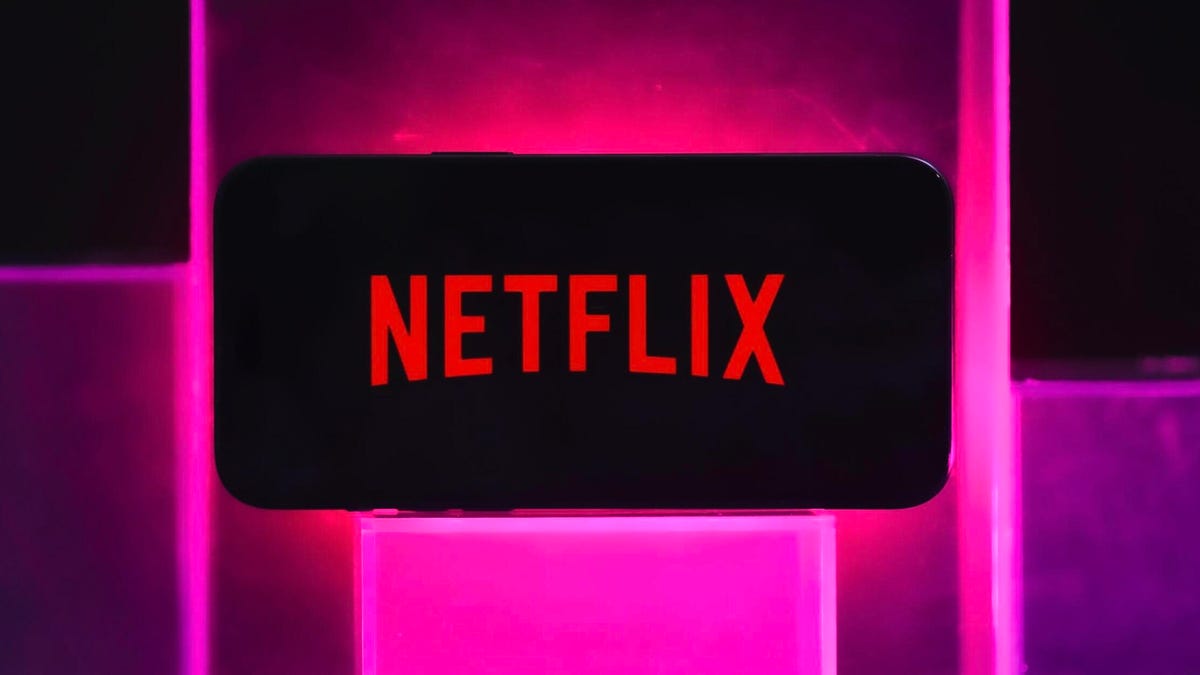Netflix Leverages Generative AI for Content Creation and Search

Key Points
- Netflix calls generative AI a "significant opportunity" in its shareholder letter.
- AI was used to de‑age characters in the opening flashback of Happy Gilmore 2.
- The company employed AI for set‑design and wardrobe exploration on "Billionaire's Bunker."
- A conversational search feature is being beta‑tested to let members query the catalog in natural language.
- CEO Ted Sarandos said AI will help creators tell stories faster and in new ways.
- Netflix acknowledges legal and ethical sensitivities surrounding AI use.
- Critics warn AI recommendations may be unreliable and creative tools may lack originality.
Netflix highlighted a "significant opportunity" for generative AI in its latest shareholder letter, showcasing uses such as de‑aging characters in the opening flashback of Happy Gilmore 2 and AI‑driven set‑design exploration for upcoming projects. The streaming giant is also beta‑testing a conversational search tool that lets members query its catalog in natural language. CEO Ted Sarandos said AI will help creators tell stories faster and in new ways, while the company acknowledges ongoing legal and ethical sensitivities. Critics warn that AI‑generated recommendations and creative tools may fall short of audience expectations.
Generative AI Becomes Central to Netflix’s Strategy
In a recent letter to shareholders, Netflix described a "significant opportunity" presented by generative artificial intelligence. The company highlighted several concrete applications that illustrate how AI is already shaping its production pipeline and user experience.
One notable example is the de‑aging of characters in the opening flashback scene of the upcoming sequel Happy Gilmore 2. Netflix also cited AI‑assisted pre‑production work for the project "Billionaire's Bunker," where the technology helped explore wardrobe and set‑design ideas. Beyond creative production, Netflix is testing a new conversational search experience that allows members to use natural‑language queries to discover movies and TV shows that match their interests.
Executive Perspective
CEO Ted Sarandos reinforced the company’s confidence in AI during an earnings call, stating, "We're confident that AI is going to help us and help our creative partners tell stories better, faster, and in new ways — we're all in on that." He added that while AI can enhance production, it cannot replace the core skill of storytelling.
Addressing Sensitivities and Criticism
Netflix acknowledges the broader industry concerns surrounding AI, including copyright issues and the evolving legal landscape. The company’s internal guidelines stress responsible use of generative workflows given these sensitivities.
Industry observers have expressed skepticism. TV critic Alan Sepinwall warned that AI‑driven recommendation engines can be unreliable, potentially delivering suggestions that viewers dislike. He also cautioned that AI‑based creative tools may struggle to produce truly original content, urging creators to approach such technology with caution.
Looking Ahead
Netflix’s rollout of AI tools reflects a broader trend of integrating advanced technology into entertainment. While the company is optimistic about the benefits for creators and subscribers, it remains aware of the challenges posed by legal, ethical, and quality‑control considerations.